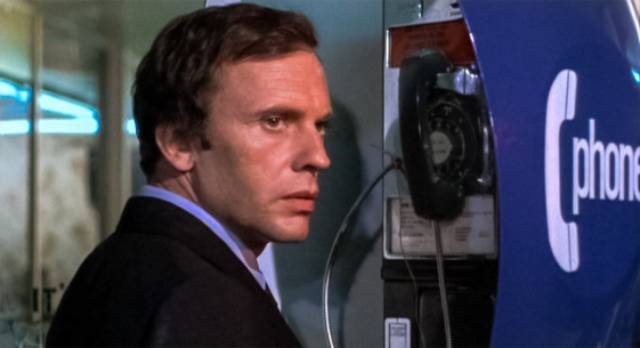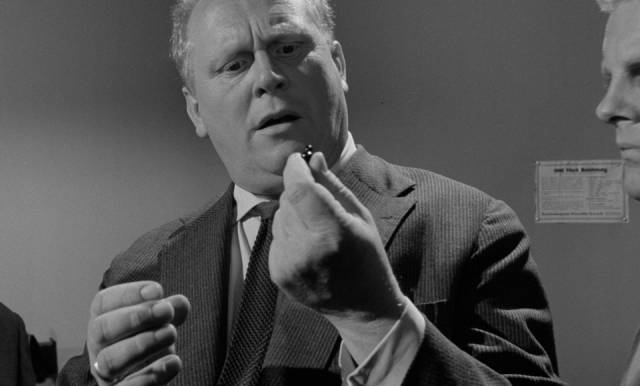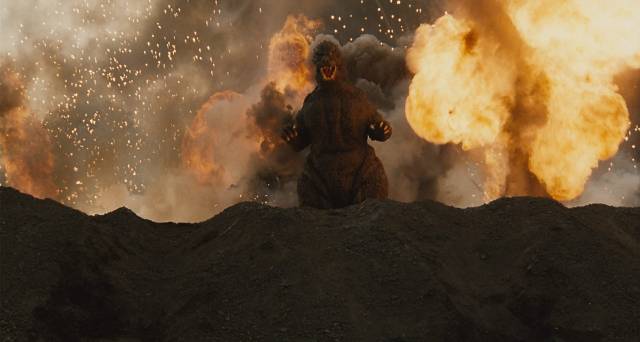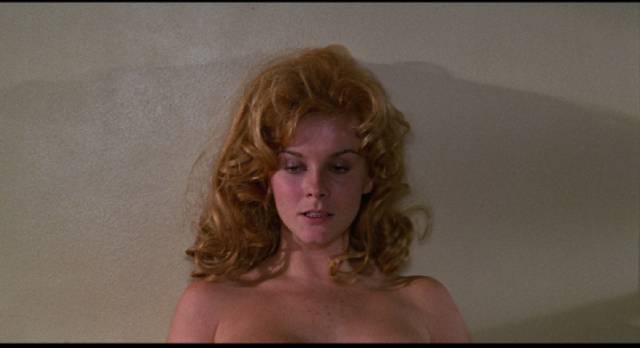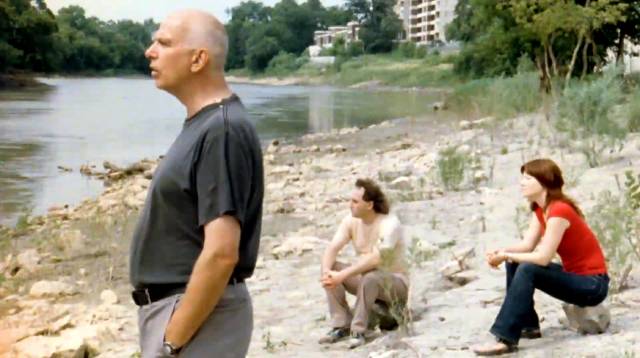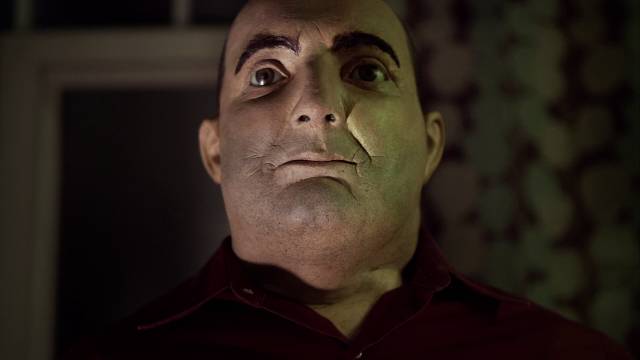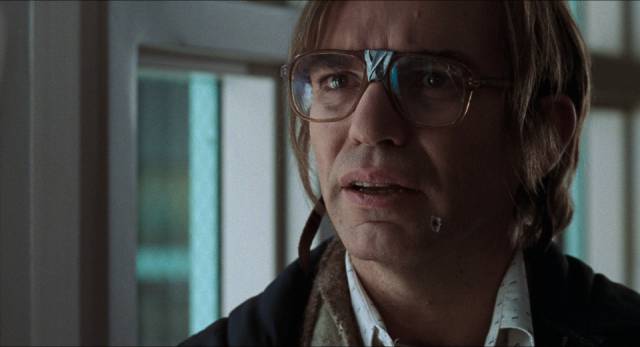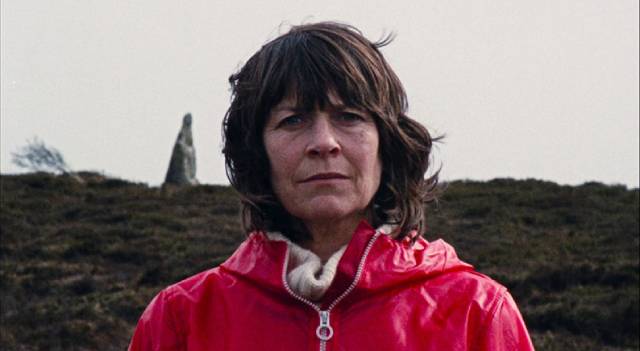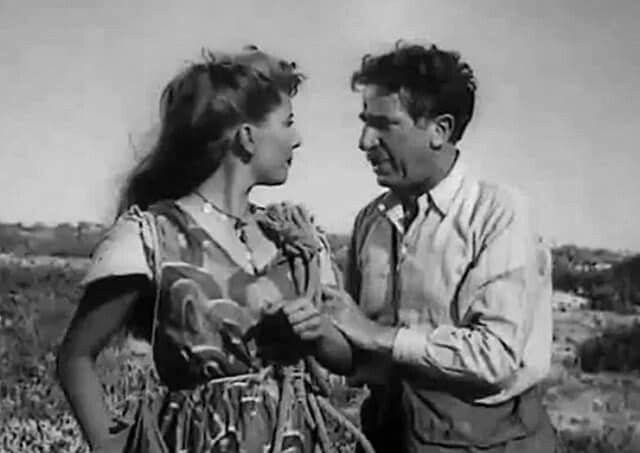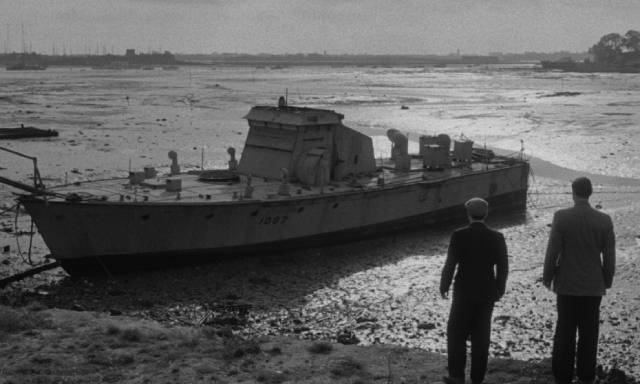
Three black-and-white British films reflect social change in the post-war years with varying degrees of success in excellent new 4K restorations. Basil Dearden’s The Gentle Gunman (1952) addresses the history of English oppression in Ireland and the morality of the IRA’s violent resistance, while his The Ship That Died of Shame (1955) uses allegory to approach the instability of the class system. Guy Hamilton’s adaptation of J.B. Priestley’s play An Inspector Calls (1954) also takes an allegorical approach to the injustices of a rigid class system, though here in the years just before World War One when that system had not yet been shaken to its foundations.
